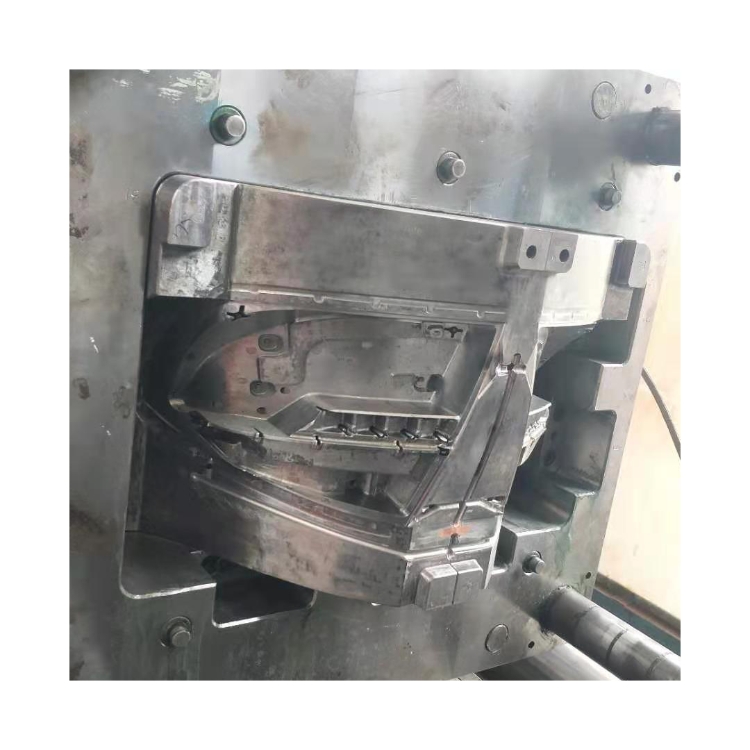أجزاء القولبة الطبية - التصنيع الدقيق لتطبيقات الرعاية الصحية
Medical molding parts are a crucial component of modern healthcare. They are used in a variety of medical devices, such as surgical instruments, diagnostic equipment, and implantable devices. Precision manufacturing of these parts is essential to ensure their safety, reliability, and effectiveness.
Medical molding parts are typically made from plastic, metal, or ceramic materials. Plastic parts are the most commonly used, as they are lightweight, durable, and have excellent chemical resistance. Metal and ceramic parts are used in more specialized applications, where higher strength and temperature resistance is required.

Precision manufacturing of medical molding parts starts with the design process. The parts must be designed to meet the specific requirements of the medical device they will be used in. This includes factors such as size, shape, material, and performance characteristics. The design must also take into account any regulatory requirements, such as FDA approval or CE marking.
Once the design is finalized, the manufacturing process can begin. This typically involves injection molding, which is a process where molten plastic is injected into a mold to create the desired shape. The mold is made from steel or aluminum and is precision machined to ensure the correct tolerances and surface finish.

During the molding process, the molten plastic is injected into the mold at high pressure. This pressure ensures that the plastic fills the mold completely and that there are no voids or air pockets. The mold is then cooled, and the part is ejected from the mold. The part is then trimmed and any excess material is removed.
After the parts are manufactured, they must be inspected to ensure that they meet the required specifications. This involves a combination of visual inspection, dimensional measurement, and functional testing. Any defects or deviations from the specifications must be corrected before the parts can be used in a medical device.
In conclusion, precision manufacturing of medical molding parts is essential for the safe and effective operation of medical devices. The design process, manufacturing process, and inspection process must all be carefully controlled to ensure that the parts meet the required specifications. With the increasing demand for high-quality medical devices, the importance of precision manufacturing of medical molding parts will only continue to grow.
-
Injection Molding Parts: Precision Manufacturing for High-Quality Products
2023-4-27
Injection molding is a manufacturing process that involves the production of parts or products by injecting molten mater...
عرض التفاصيل -
Analysis of the manufacturing process and quality control points of high-precision automotive molds
2024-12-18
The manufacturing process of high-precision automotive molds is complex and delicate, and the quality control points are...
عرض التفاصيل -
What is the cost of injection molding?
2023-7-21
Introduction Injection molding is a widely used manufacturing process that involves injecting molten material into a mol...
عرض التفاصيل -
تصنيع قوالب الحقن: دليل للإنتاج وضمان الجودة
2023-4-21
Injection molding is a manufacturing process that involves the creation of molded plastic products. This process involve...
عرض التفاصيل -
Manufacturing a Plastic Middle Chair Mould: Achieving Precision and Efficiency
2023-8-30
Plastic products are widely used in various industries due to their durability, versatility, and cost-effectiveness. One...
عرض التفاصيل -
Injection Mold Components: Understanding the Basics
2023-6-4
Injection molding is a widely used manufacturing process in which melted plastic is injected into a mold cavity to form ...
عرض التفاصيل







